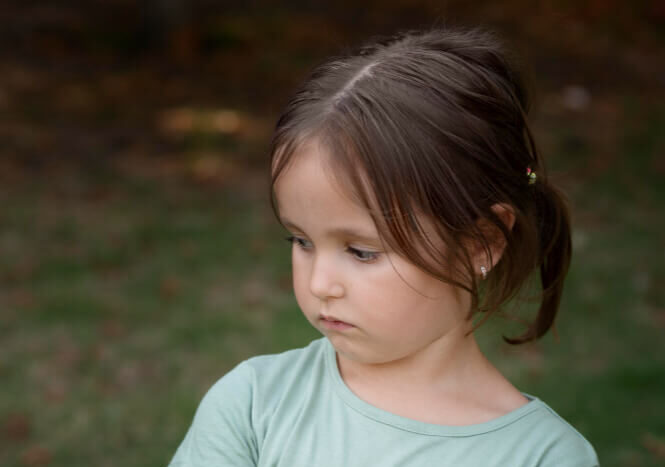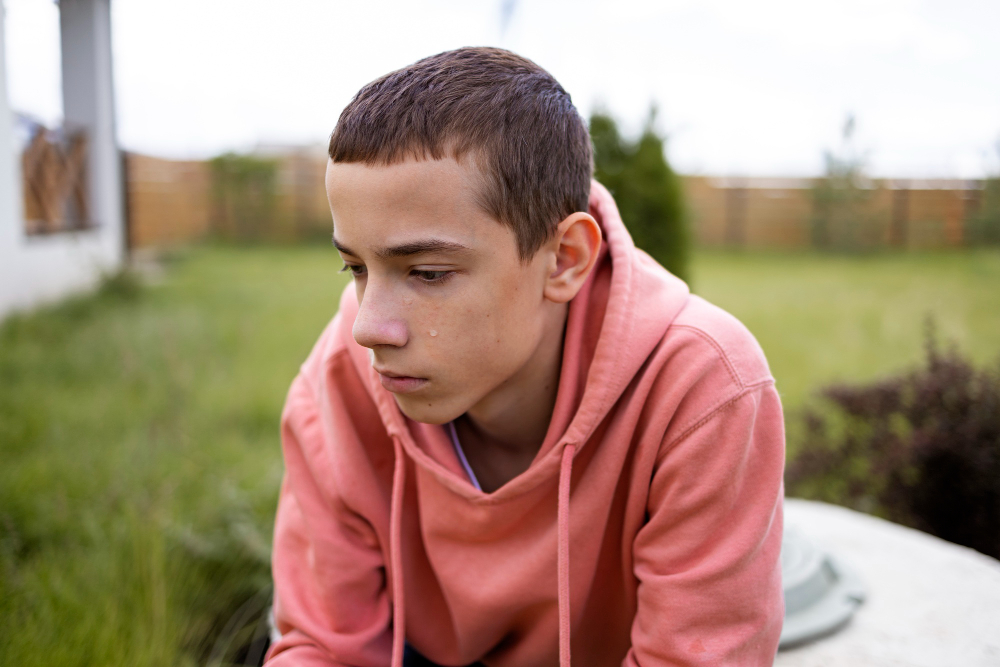Every once in a while, a piece of writing crystallises what thousands of parents have been living for years — the quiet collapse of public education as a place of belonging for disabled children. Kim Block, Chair of BCEdAccess, has written such a piece. Her essay, published on October 18, 2025 and reprinted by the Institute for Public Education BC, is among the clearest public accounts yet of what families have been saying privately for a decade: that exclusion in BC’s schools is not a matter of isolated failure, but the predictable outcome of deliberate political choices.
When Kim writes that “the division of resources in society is a political decision,” she names what so many families experience as a daily contradiction — that schools speak of inclusion while quietly rationing care, that harm is framed as inevitability rather than decision, that disability itself becomes the condition through which scarcity is enforced.
The human cost of scarcity
The testimonies collected by BCEdAccess are heartbreaking, but they also form a dataset — an emergent archive of what happens when systems designed for prevention become reactive triage machines. Parents describe children self-harming, refusing school, losing access to education because there is “no one trained,” or being locked in storage rooms due to “lack of resources.” They describe watching their children’s confidence erode, their friendships fracture, their sense of self collapse. They describe the way adults around them begin to speak of limits, as if exclusion were a form of prudence.
These stories echo across districts. They reveal an underlying logic that says: only those who break down loudly enough will be helped, and even then, only until the audit passes. This is the logic of austerity disguised as neutrality. It is the logic of collective punishment applied to disabled children — harm distributed through omission rather than force, sanctioned by bureaucratic restraint rather than overt cruelty.
Naming systemic abuse
Kim asks, “How is this not emotional and mental abuse?” and the question reverberates because it strips away euphemism. When children are placed in environments that predictably produce distress, when their pain is rationalised as inevitable, and when their withdrawal is interpreted as personal failure rather than institutional betrayal, the line between oppression and abuse dissolves.
Systemic oppression describes the structural conditions that deny access and dignity; systemic abuse describes the moral injury that follows when institutions persist in those denials despite knowing the harm they cause. BC’s current education landscape holds both. It is the slow violence of erasure combined with the intimate violence of disbelief.
-
Debility versus disability: what the system cannot acknowledge
My son Robin took to bed two weeks before March break. He had been…
A call to collective testimony
Kim’s invitation — to write directly to the BC Human Rights Commissioner — matters profoundly. The government often claims that harm must not be widespread because few formal complaints exist. But silence has never meant consent; it has only meant exhaustion. Parents are drained by survival, yet every testimony sent, every story recorded, every act of bearing witness accumulates into public truth.
Her words remind us that this advocacy is not just reactive; it is preventive in the deepest sense. By naming harm, by documenting its patterns, we create the conditions for repair.
Standing with BCEdAccess
BCEdAccess has been a lifeline for thousands of families navigating the labyrinth of underfunded inclusion since 2014. Their work has given language, data, and solidarity to those who would otherwise be isolated by shame or disbelief. The organisation’s advocacy is rooted in the belief that disabled children are entitled to joy, friendship, and genuine participation in education — not conditional access, not survival alone.
Kim’s piece stands as both indictment and invitation. It indicts the systems that have normalised exclusion as management, and it invites us to remember that the measure of a public school system lies in its treatment of the most vulnerable children within it.
Moving from empathy to action
If you read the parents’ words and feel grief, let that grief become commitment. If you are an educator, let it become curiosity and courage. If you are an ally, write to your MLA. If you are a parent who has lived these harms, send your story to the BC Human Rights Commissioner — imperfect, unpolished, unfiltered. Every account matters.
As Kim writes, “You are powerful. And your children are worth it. And other people’s children are worth it too.”
Let us honour that truth by ensuring that no child in British Columbia’s public schools is ever again made to believe that their pain is the price of inclusion.
Read Kim Block’s full post: Is this Systemic Oppression or Systemic Abuse? – BCEdAccess, October 18, 2025
-
Institutional gaslighting of caregivers
You refuse to forget, because forgetting would mean abandoning your child’s reality—and you have already watched too many adults do that with a straight face and a professional tone. You refuse to downplay what has happened, because the harm is not theoretical—it lives…









